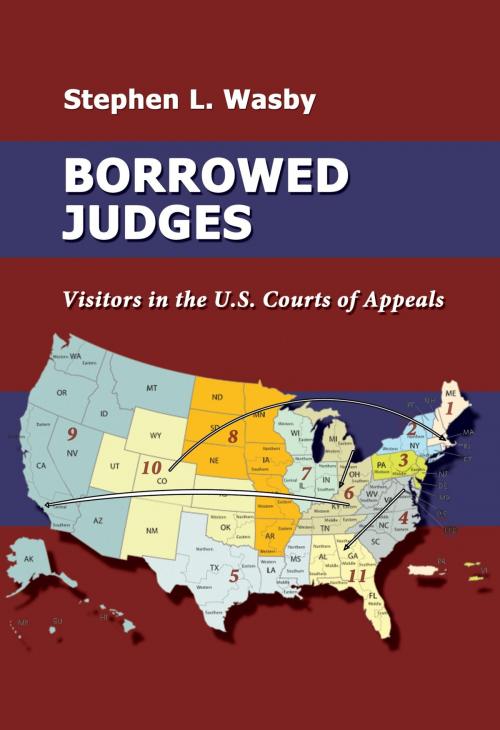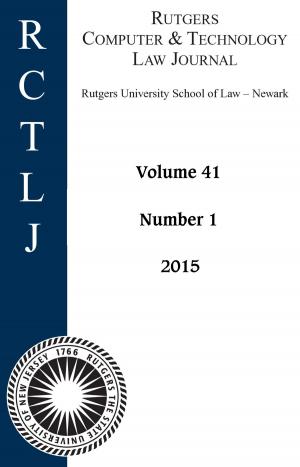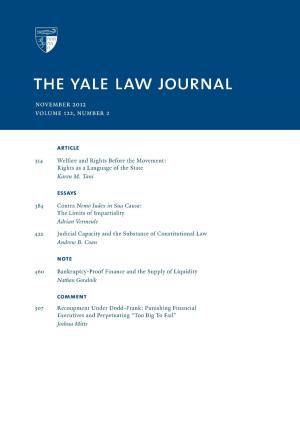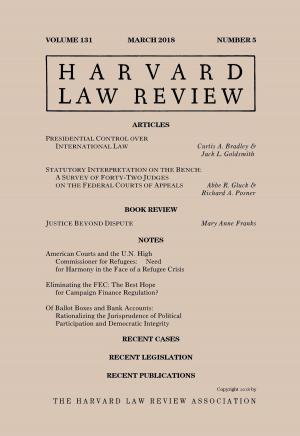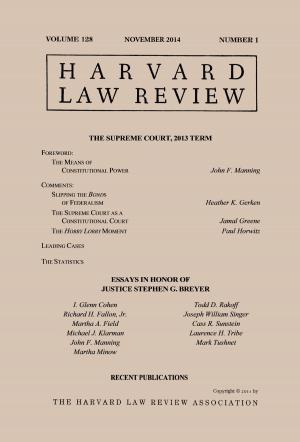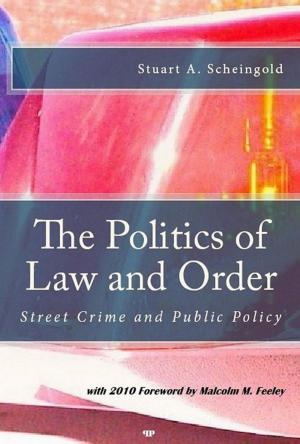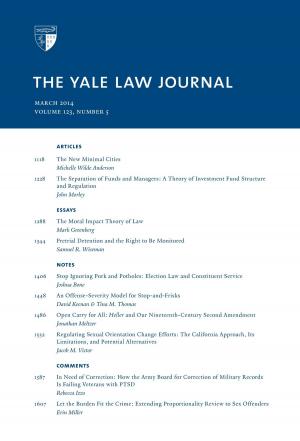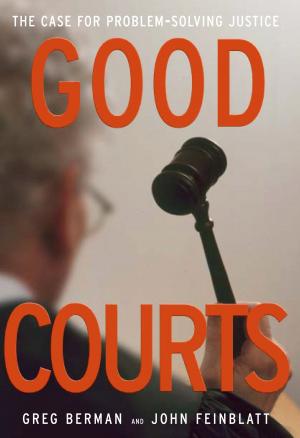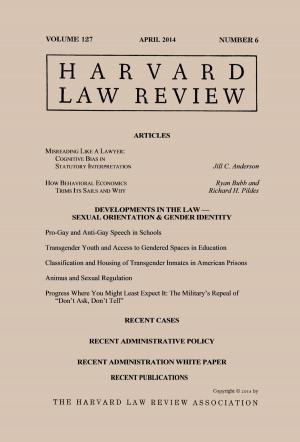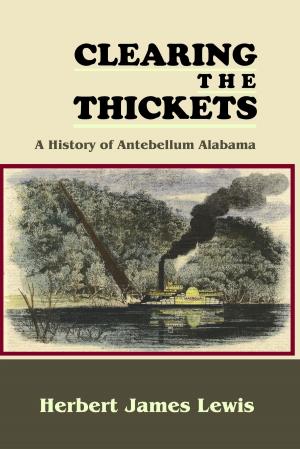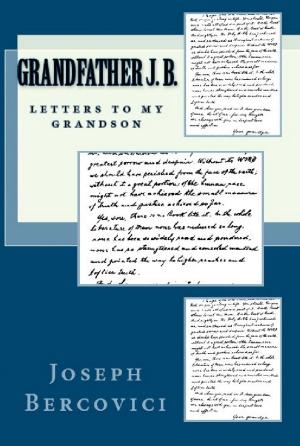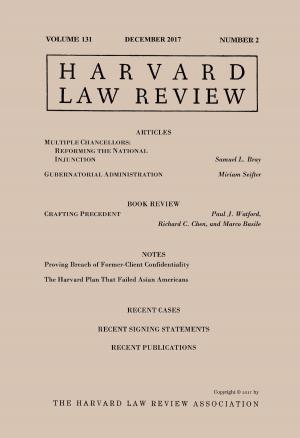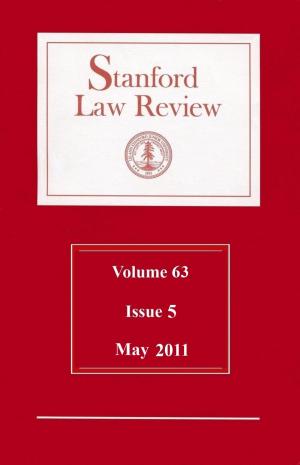Borrowed Judges: Visitors in the U.S. Courts of Appeals
Nonfiction, Reference & Language, Law, Courts, Social & Cultural Studies, Political Science, Government| Author: | Stephen L. Wasby | ISBN: | 9781610273886 |
| Publisher: | Quid Pro, LLC | Publication: | April 9, 2018 |
| Imprint: | Smashwords Edition | Language: | English |
| Author: | Stephen L. Wasby |
| ISBN: | 9781610273886 |
| Publisher: | Quid Pro, LLC |
| Publication: | April 9, 2018 |
| Imprint: | Smashwords Edition |
| Language: | English |
In the first systematic examination of the role and impact of visiting judges, 'Borrowed Judges' analyzes the U.S. courts of appeals' use of judges who visit from other circuits and in-circuit district judges, along with the courts' own senior judges. It shows the considerable variation in the extent to which these judges are used and their role in writing the law of the circuit. It also shows whether their presence affects courts in rehearing cases en banc and whether the U.S. Supreme Court grants review. The study draws on insightful interviews with judges, their statements both public and within the court, and empirical data gathered by the author.
"This fascinating work provides much-needed attention to questions triggered by the ways in which some federal courts of appeals use the help of visiting judges or district judges to manage their caseloads. The well-documented study shines a spotlight on just how much influence, albeit small in proportion to total cases, these visiting judges may have on the work of some federal circuits where much of our law is decided." --Stephen Wermiel, American University Washington College of Law
"Professor Wasby has carefully unearthed the unintended systemic and precedential impact of visiting judges. Both federal judges and seasoned appellate practitioners need to absorb this unique work." --Gary H. Wente, Former Circuit Executive, U.S. First Circuit
"This study examines the extent and consequences of the federal courts' dependence on visitors. It reveals a well-functioning judiciary, able to find ways to use its limited resources wisely, and a robust judicial process in which visiting judges are far more than potted plants. It is a wonderful study that should be of interest to students of the federal judiciary, judicial administrators everywhere, and--one hopes against hope--even members of Congress who are loathe to find a practical way to expand size of the federal judiciary." --Malcolm M. Feeley, University of California-Berkeley
In the first systematic examination of the role and impact of visiting judges, 'Borrowed Judges' analyzes the U.S. courts of appeals' use of judges who visit from other circuits and in-circuit district judges, along with the courts' own senior judges. It shows the considerable variation in the extent to which these judges are used and their role in writing the law of the circuit. It also shows whether their presence affects courts in rehearing cases en banc and whether the U.S. Supreme Court grants review. The study draws on insightful interviews with judges, their statements both public and within the court, and empirical data gathered by the author.
"This fascinating work provides much-needed attention to questions triggered by the ways in which some federal courts of appeals use the help of visiting judges or district judges to manage their caseloads. The well-documented study shines a spotlight on just how much influence, albeit small in proportion to total cases, these visiting judges may have on the work of some federal circuits where much of our law is decided." --Stephen Wermiel, American University Washington College of Law
"Professor Wasby has carefully unearthed the unintended systemic and precedential impact of visiting judges. Both federal judges and seasoned appellate practitioners need to absorb this unique work." --Gary H. Wente, Former Circuit Executive, U.S. First Circuit
"This study examines the extent and consequences of the federal courts' dependence on visitors. It reveals a well-functioning judiciary, able to find ways to use its limited resources wisely, and a robust judicial process in which visiting judges are far more than potted plants. It is a wonderful study that should be of interest to students of the federal judiciary, judicial administrators everywhere, and--one hopes against hope--even members of Congress who are loathe to find a practical way to expand size of the federal judiciary." --Malcolm M. Feeley, University of California-Berkeley
